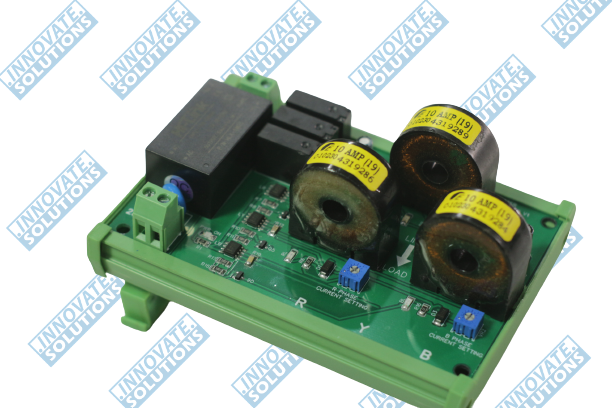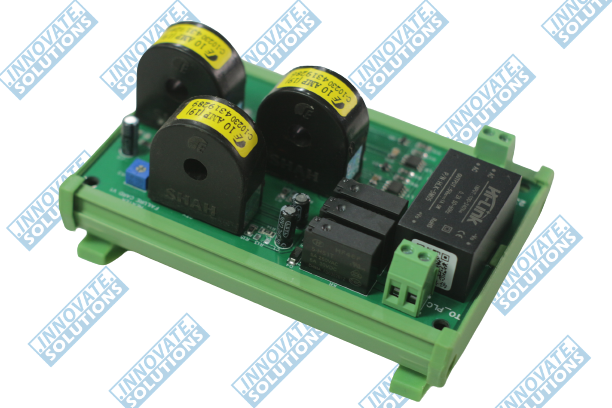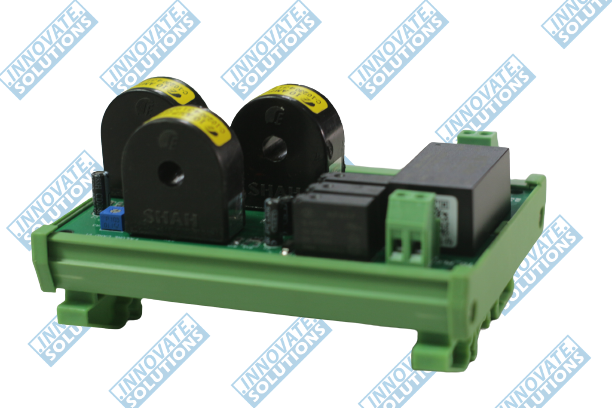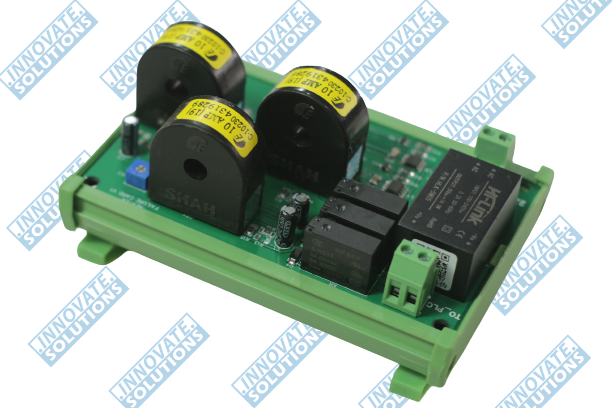Introduction:
The Heater Failure Card represents a critical component essential for ensuring the safety and optimal performance of heaters across various applications. This writeup elucidates the functionality, design, and versatility of the Heater Failure Card, emphasizing its role in continuously monitoring the health of heaters.
Functionality:
The Heater Failure Card serves as an indispensable tool for monitoring the current drawn by heaters and promptly detecting any deviations from the reference level, indicative of potential failures. Its functionality can be summarized as follows:
- Current Sensing: The power wire of the heater passes through a current transformer (CT) integrated within the Heater Failure Card. The CT accurately senses the current flowing through the heater circuit.
- Reference Level: The CT is calibrated to a predetermined reference level, representing the normal operating current of the heater under standard conditions.
- Comparative Analysis: A sophisticated circuitry system continuously compares the sensed current with the reference level. If the current drops below the reference level, it signifies a potential failure or malfunction in the heater system.
- Alarm Trigger: To promptly alert operators or maintenance personnel of any anomalies, a potential-free contact is integrated into the Heater Failure Card. This contact is triggered to actuate an alarm system, providing an immediate notification of the heater failure.
- Continuous Monitoring: The Heater Failure Card ensures the uninterrupted monitoring of heater operation, enabling proactive intervention in case of any deviations from the expected current levels.
Versatility and Compatibility:
The Heater Failure Card is designed to accommodate a wide range of heater configurations, offering exceptional versatility and compatibility. Key features include:
- Current Range: The card supports heater systems ranging from 1 amp to 20 amps, catering to both single-phase and three-phase heaters.
- Adaptability: Whether utilized in industrial heating systems, HVAC applications, or other heating processes, the Heater Failure Card seamlessly integrates into various environments, ensuring comprehensive heater safety.
Advantages:
- Enhanced Safety: By continuously monitoring heater operation, the Heater Failure Card mitigates risks associated with heater failures, including overheating, electrical faults, and potential hazards.
- Early Detection: Prompt detection of deviations from the reference current level enables timely intervention, reducing downtime and minimizing potential damage to equipment.
- Scalability: With support for a wide range of current ratings and heater configurations, the Heater Failure Card offers scalability and adaptability to diverse applications and industries.
Conclusion:
In conclusion, the Heater Failure Card emerges as an indispensable solution for ensuring the safe and reliable operation of heaters across various industrial and commercial settings. Its advanced monitoring capabilities, compatibility with diverse heater configurations, and proactive alarm triggering mechanisms make it an essential component for safeguarding assets, personnel, and processes against the risks associated with heater failures. By integrating the Heater Failure Card into heater systems, organizations can enhance operational safety, optimize efficiency, and uphold the integrity of their heating processes.
catalog




contact
contact us for more details.
sandeep sharma
7405341773
innovatesolutions.info@gmail.com


Leave a Reply